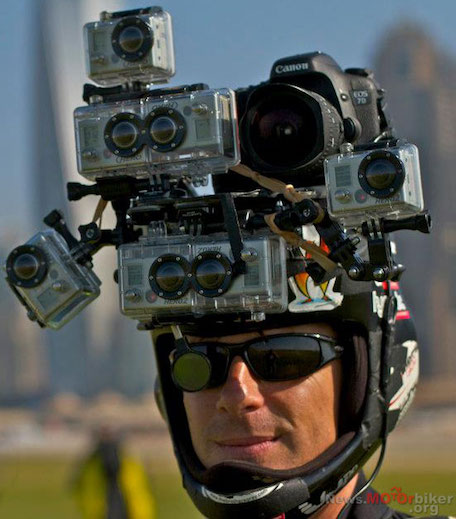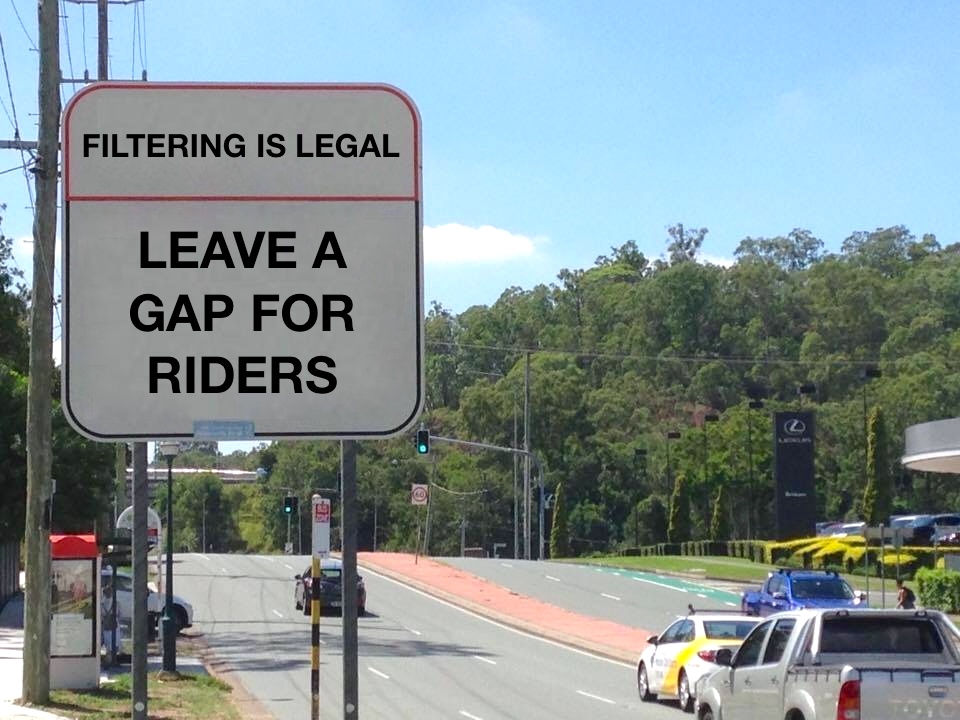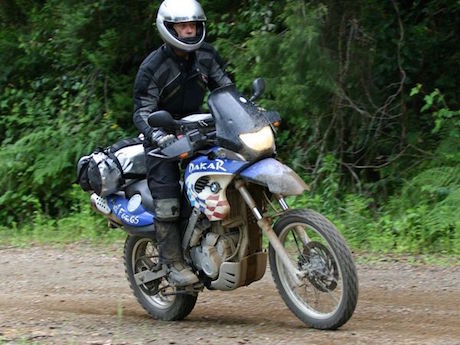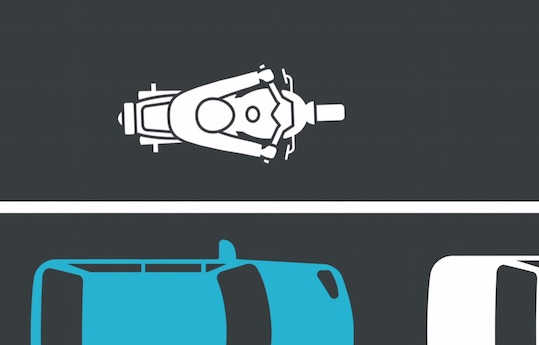Attempts to draft uniform national road rules, including helmet and filtering laws, may leave riders even more confused and prone to copping fines from police.
Lawyers and motorcycle advocates have warned that draft road rules drawn up by the National Transport Commission (NTC) proposals are fatally flawed and have begun drafting their own proposals.
You can also make a submission until 5pm, on August 11, 2017 and view the NTC proposed changes here.
Maurice Blackburn Lawyers’ SMIDSY (Sorry Mate I don’t See You) team is working own a submission and spokesman Malcolm Cumming has promised us a copy shortly.

Malcolm is concerned with the draft rule about helmets that says compliance should allow for some “wear and tear and modification as long as the helmet inherently complies with the relevant helmet standard”.
However, Malcolm says it is is almost impossible for people to know whether their helmet is compliant because the relevant standard is not readily available or free to the public.
He says the proposed new rule is confusing and riders run the risk of copping a fine for wearing a helmet camera or Bluetooth device.

Spokesman Guy Stanford has also promised us a copy of their submission.
It is believed the AMC will push for helmet compliance only up to the point of sale, not for the lifetime of the helmet.
Uniform lane filtering rules
NTC chief executive Paul Retter says a national uniform approach to motorcycle lane filtering rules is also included in their proposed amendment package.
“The proposed changes aim to harmonise the road rules across the states and territories to improve road user safety.”

Western Australia and Tasmania are about to join all other states and territories, except the NT, with lane filtering laws. However, they are not uniform across all states.
For example, Queensland allows riders to filter in emergency lanes and on highway edges, and some states allow filtering past trucks, buses and parked vehicles when there is a safe gap while others ban the practice.
The NTC proposal does not address these differences.
Instead, it addresses the anomaly that legally lane-filtering riders are not compliant with other road rules. They include passing on the left, staying within a lane, crossing solid lane lines and indicating a change of direction.
Victorian Motorcycle Council spokesman John Eacott says they support the “general thrust of the new provisions”, but not the specific draft rules.
He says standardise national filtering rules may not work.
“There are a lot of things that should be shared, but some things that are unique to each state,” he says.
“For example the ban on filtering in school sones doesn’t affect us because we don’t have a school zone in our legislation.
“We also allow filtering between parked cars and moving traffic.”
There is also concern among rider representative groups and individual rider advocates about “stuff-ups” with the public submission process and the website.
Uniform control rules
Over the past couple of years several states have passed more realistic rules on motorcycle control, including allowing riders to push a bike without having to wear a helmet, stand up on the footpegs and remove a foot from the pegs to stretch their leg.
The NTC draft proposal also attempts to make uniform rules on motorcycle controls.
While they appear to realistic rider advocate Wayne Carruthers encouraged riders to check the draft rules and make their own submissions.



“The proposals for Road Rule 151 on lane filtering and Road Rule 271 with regard to standing on the foot pegs, removing a foot to stretch a leg and pushing a motorcycle should be considered carefully and submissions made expressing any problems riders see in the proposals,” he says.



